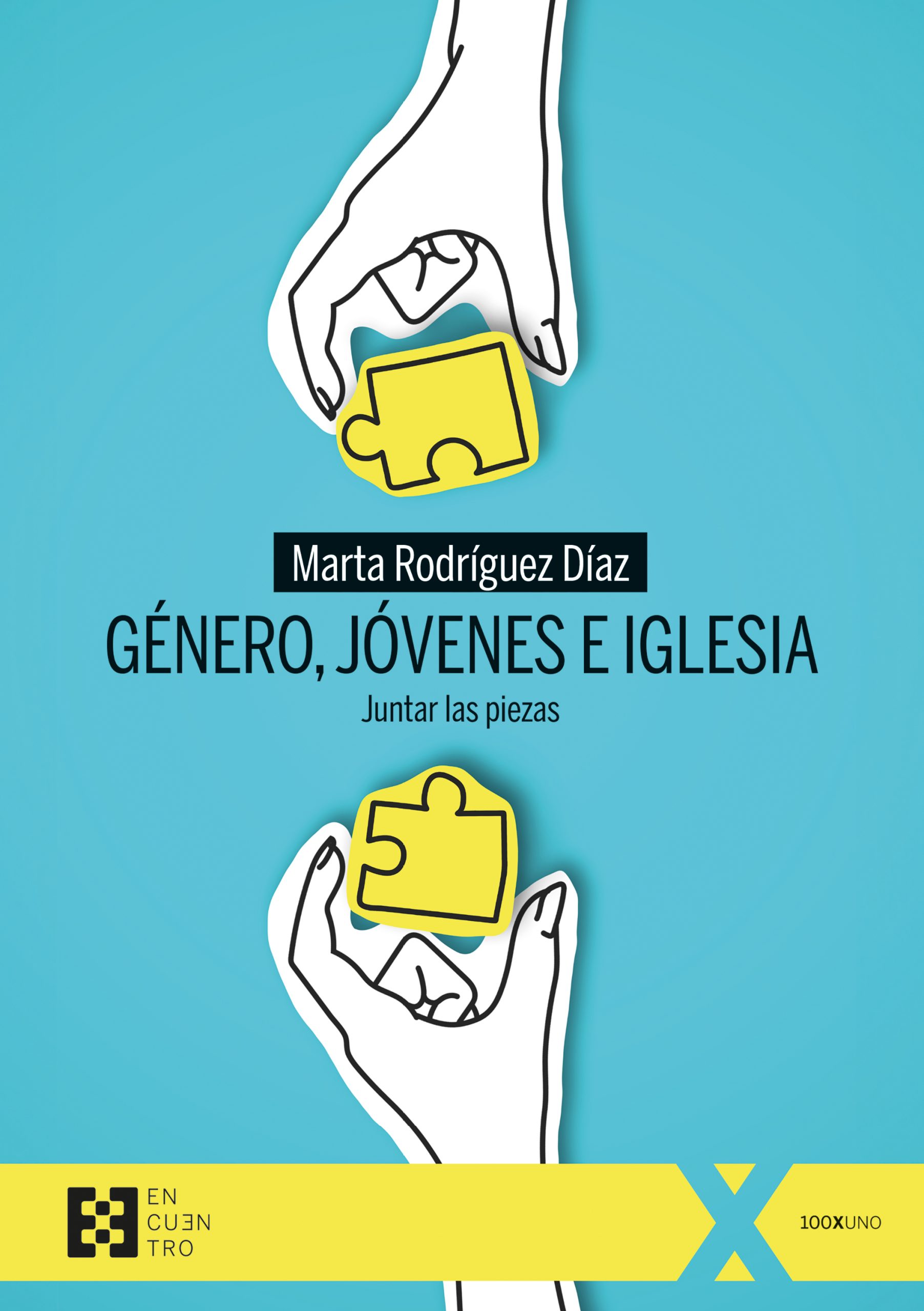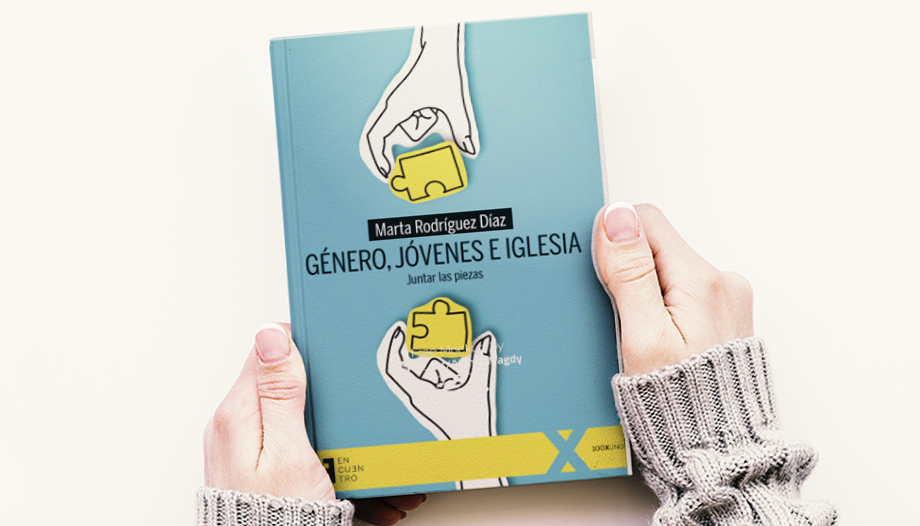Without going too far away, at least in the West, there are more and more frequent cases of "transsexual, gender-fluid friends" that we find around us. A reality with special incidence in young people.
The speed and breadth with which the gender issue has burst into society, and therefore also into the Church, has not been a good companion for calm deliberation or fruitful dialogue. On the contrary, in this field, prejudice and lack of understanding and dialogue seem to be the keynote on "both sides". A puzzle whose pieces have proven difficult to put together on more than a few occasions.
This generational, social and pastoral gap that always seems to open up around this issue is precisely what Marta Rodriguez tries to avoid with Gender, youth and Churchpublished by Encuentro and is presented as a necessary bibliography in the pastoral work with young people.

Gender, youth and Church
From her experience as an educator and living with young people, Marta Rodriguez Diaz begins with this apparent unsolvable opposition to address not only the impact of gender theories in society, but the way to treat those who, in one way or another, are within this complicated environment and their families.
In fact, Rodriguez Diaz, academic director of the course on "Gender, Sex and Education", of the Francisco de Vitoria University in collaboration with the Regina Apostolorumwas responsible for the Dicastery for Laity, Family and Life.
Term "gender".
Particularly interesting is the book's position on the assumption or not of the term genrealso within the Church. In this sense, Marta Rodriguez Diaz is in favor of a critical assumption of the term gender in order to establish a fruitful dialogue with today's society and avoid wounds or misunderstandings on the part of all actors.
The author approaches this relationship from the starting point of proximity. From that friend of a child, or student of a school in which a class is taught, etc., and that makes us look at this reality with different eyes.
It is surprising to see the open-mindedness and conceptual openness with which the author, without yielding in the least in the doctrinal or moral sphere on gender, deals with these cases.
In this sense, the book encourages a courageous attitude of acceptance, especially on the part of family members and educators, but without legitimizing behavior. Rodriguez does not speak from a theoretical point of view, but proposes, based on experience and dealing with young people, a series of very interesting principles for coexistence and, above all, the accompaniment of young people who define themselves as LGTBI+.
Accompaniment and listening
Perhaps the most important term in this book is precisely the latter, accompaniment and next to it, that of listen. For those who work in youth and family ministry in the Church, Rodriguez Diaz advocates taking on the task of accompanying, not convincing, those who live situations that are far from the Church's morals and doctrine on sexual responsibility.
The author does not hide the need for continuous, open and conscious training of those who accompany these young people.
Nor does she avoid the need for patience and flexibility on the part of the companion. In addition to this patient accompaniment, the author stresses the value of really listening to these people.
Marta Rodríguez Díaz develops this position with the conviction that, deep down, those who defend or live a way of life marked by gender theory, share the longing for a true love relationship.
An interesting book, especially useful for parents and educators that helps to face, without fear, the task of dialoguing with a world marked by gender and in which the Church must continue to act as mother, teacher and above all, companion and guide for the youngest.








